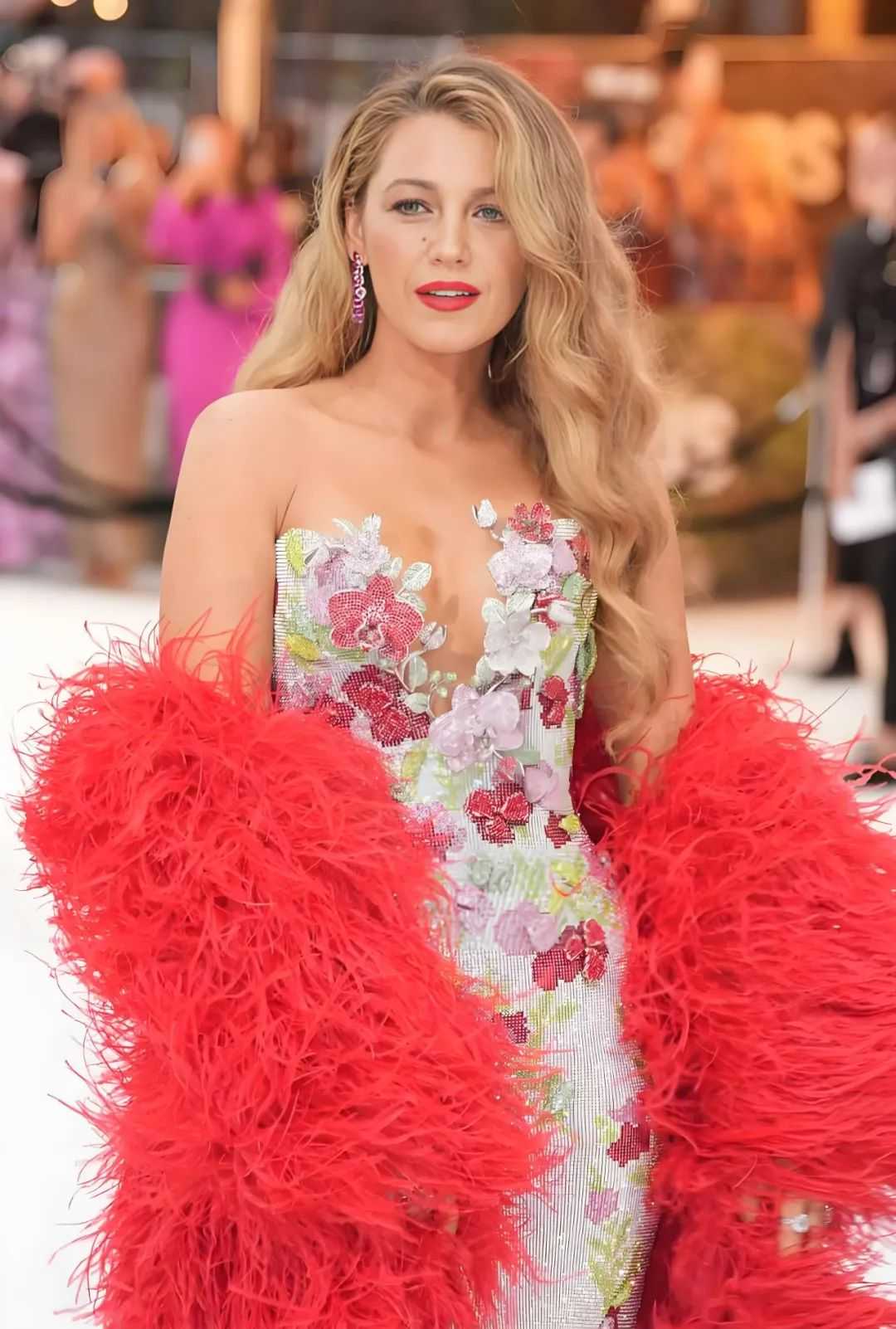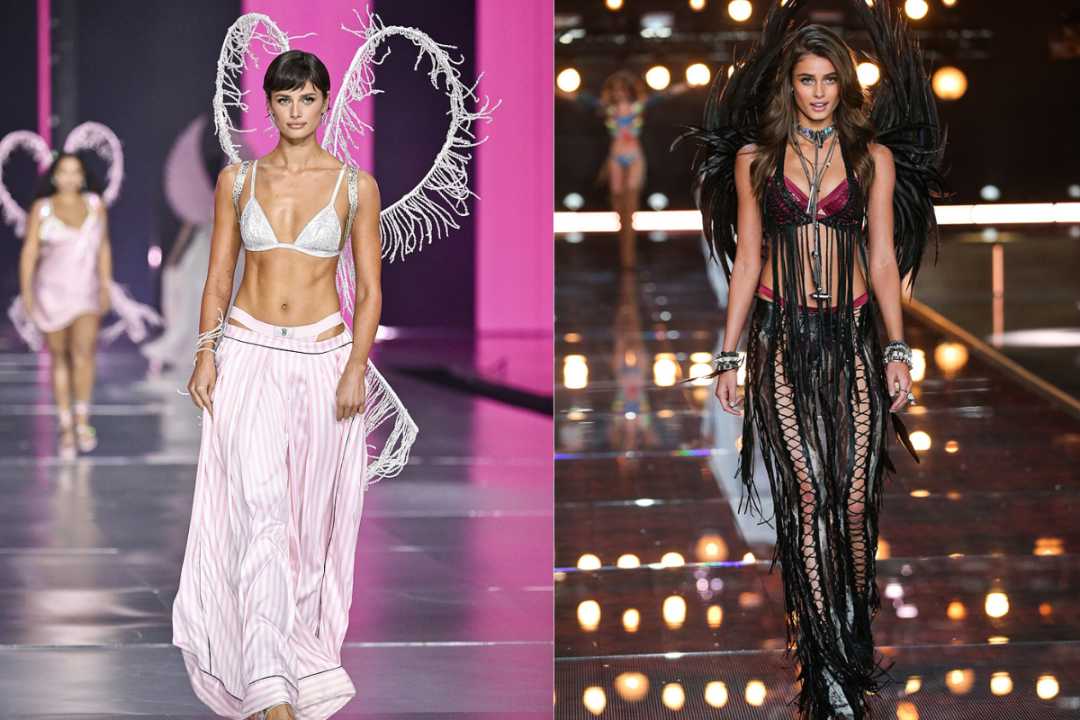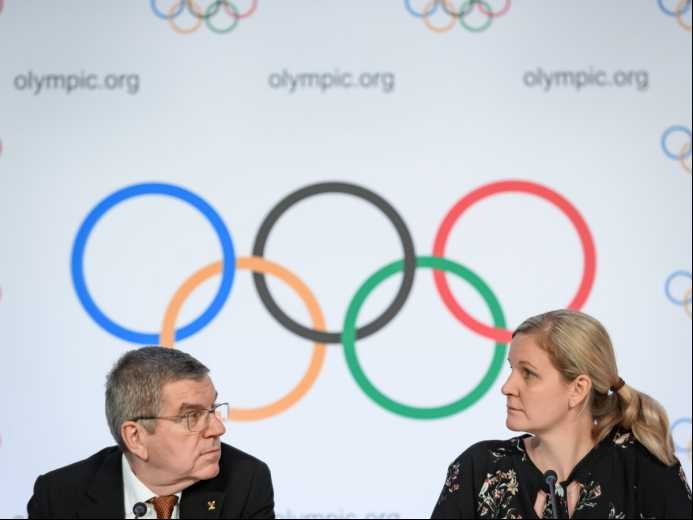Taylor Swift Strongly Supports Friend Blake Lively's Sexual Harassment Allegations Against Justin BaTaylor Swift Strongly Supports Friend Blake Lively's Sexual Harassment Allegations ……
Taylor Swift Strongly Supports Friend Blake Lively's Sexual Harassment Allegations Against Justin Baldoni
Hollywood actress Blake Lively recently filed a lawsuit against her co-star and director Justin Baldoni, accusing him of sexually harassing her during the filming of the movie It Ends With Us. Baldoni had reportedly body-shamed Lively and discussed their personal lives, sparking Lively's resentment. After the legal action was filed, Lively's close friend and famous singer Taylor Swift showed her full support. Sources revealed that Swift has been in contact with Lively on an almost daily basis, outraged by the incident and offering advice and support. In addition, the agency representing both actors has terminated Baldoni's contract after the lawsuit was filed. Lively and Swift have been close since establishing their friendship in 2015, and Swift is also the godmother of Lively's three daughters.

(Actress Blake Lively)
Source: Images from the Internet, if there is any infringement, please contact the removal of

(Star and director Justin Baldoni)
Source: Images from the Internet, if there is any infringement, please contact the removal of
(Moldy and Blake)

Source: Images from the Internet, if there is any infringement, please contact the removal of
As an observer who has long been concerned with the ethical development of the film and television industry, author-Zhengdong will analyze this issue from three dimensions: the ecological evolution of the industry, the difficulty of legal definition, and the boundaries of artistic creation. This incident is like a prism reflecting the ethical dilemmas that need to be solved in contemporary film and television production.

Source: Images from the Internet, if there is any infringement, please contact the removal of
First, the systematic change of industry norms The “MeToo” movement in Hollywood in 2017 prompted the U.S. film and television industry to establish an “intimacy coordinator” system, which has grown from less than 10 people in 2018 to more than 300 people today. According to SAG-AFTRA's latest guidebook, crews involved in intimate scenes are required to have a professional coordinator who is responsible for creating “contact protocols” that are precise about the duration and location of each touch. Whether or not this institutionalized advancement is implemented during the filming of “It Ends With Us” will be an important factor in determining the nature of the incident. (Moldy and Blake)

Source: Images from the Internet, if there is any infringement, please contact the removal of
Second, the complexity of the legal determination of the United States California AB5 bill clearly stipulates that the determination of sexual harassment in the workplace to meet the “unwelcome and sexual nature” of the double standard. However, the specificity of movie and television creation is that the physical contact of actors based on the script naturally carries professional attributes. In judicial practice, the principle of “reasonable expectation” established in the 2018 lawsuit of Chicago Law actor Charles Newton is worth paying attention to: if the content of the contact exceeds the scope of the script description or the director's prior communication, it may constitute a transgression. The key to this case is whether Baldoni's words and actions exceeded the needs of the script and were transformed into inappropriate behavior towards individuals.

Source: Images from the Internet, if there is any infringement, please contact the removal of
Third, the deeper impact of power structures The power mismatch between directors and actors is particularly pronounced in this incident. The Directors Guild of America 2022 report shows that 93% of directors have absolute decision-making power over script revisions. This creative dominance, if abused, can be alienated into an instrument of coercion. It is noteworthy that Lively is not only the lead actor, but also one of the film's producers, a dual role that may have influenced her courage to defend her rights. However, data shows that only 17% of actresses will file a formal complaint after experiencing harassment, and most choose to remain silent for fear of professional retaliation.

Source: Images from the Internet, if there is any infringement, please contact the removal of
The “continuous consent” mechanism used in the French film Portrait of a Burning Woman is worth learning from: actors are required to reconfirm their permission to be in contact with the film before work begins each day, and have the right to revoke it at any time. This dynamic authorization mechanism not only guarantees creative freedom, but also maintains personal boundaries, while Netflix's recent implementation of the “red, yellow and green” lighting system, which uses visual signals to communicate actors' comfort levels in real time, transforms subjective feelings into objective standards.

Source: Images from the Internet, if there is any infringement, please contact the removal of
This incident has exposed the pains of the transition period of the film and television industry: when the traditional concept of “sacrificing for art” meets the modern workplace ethics, it is urgent to establish a more refined code of practice. It is recommended to improve the situation from three aspects: to clarify the weighing criteria of “artistic necessity and personal rights” at the legislative level; to promote standardized operation procedures at the industry level; and to strengthen the professional ethics of practitioners at the educational level. Only by building a protective system of checks and balances can we respect the laws of art and protect human dignity at the same time.









